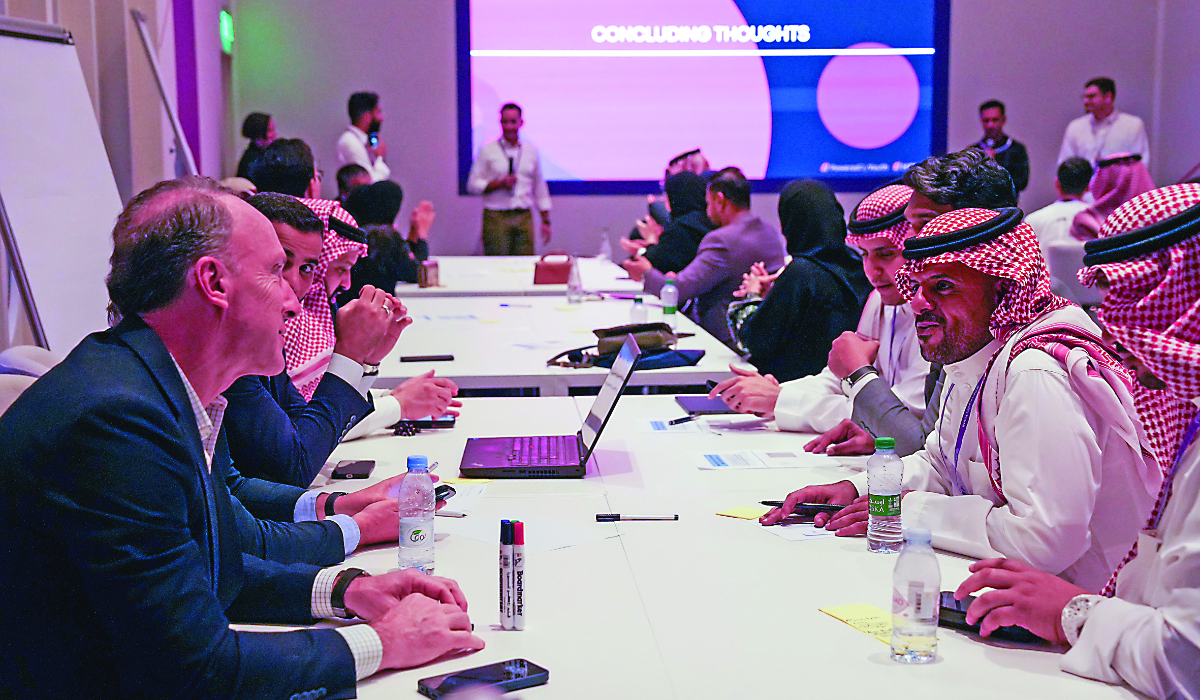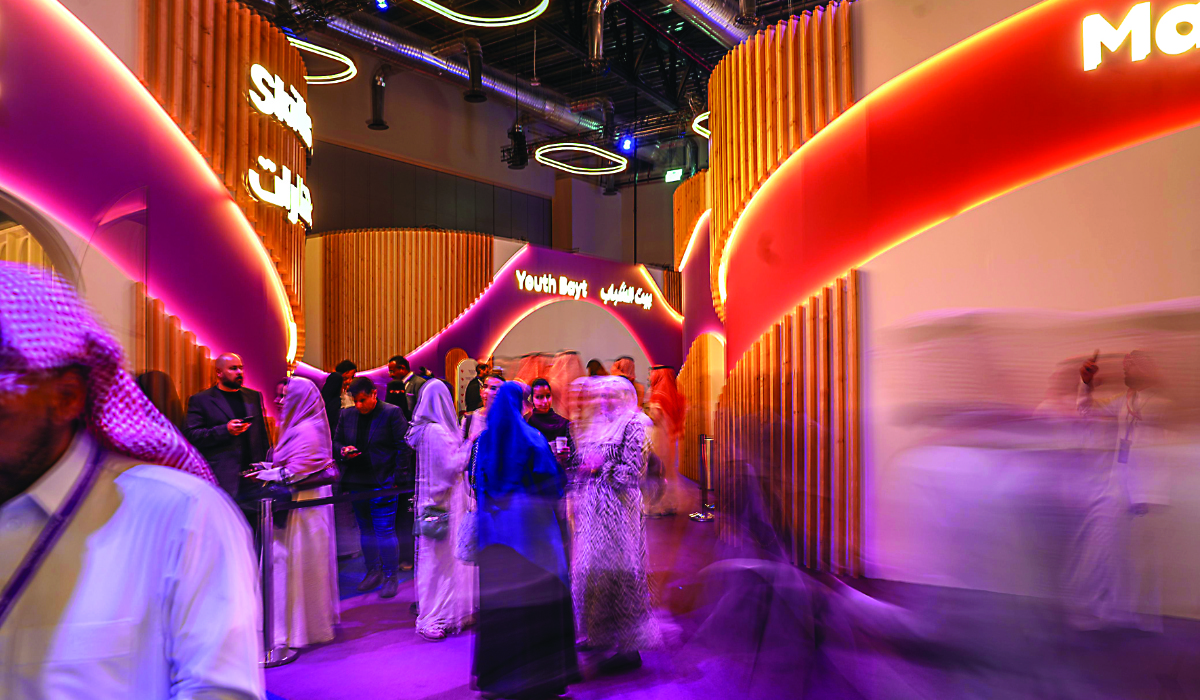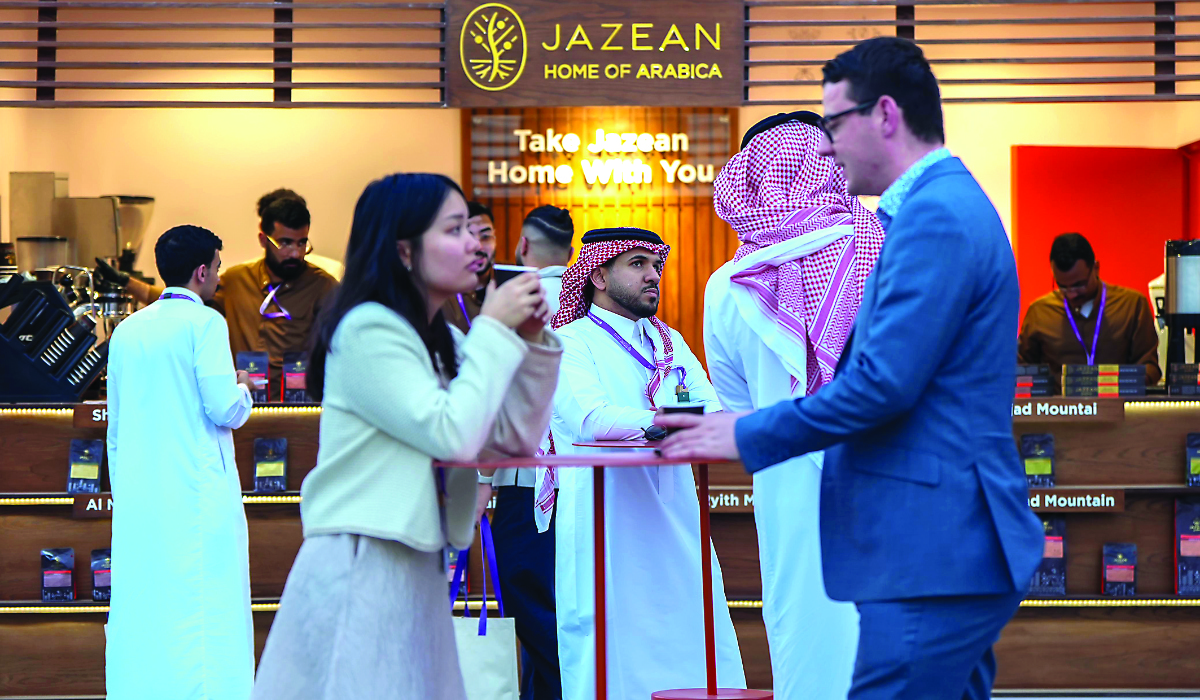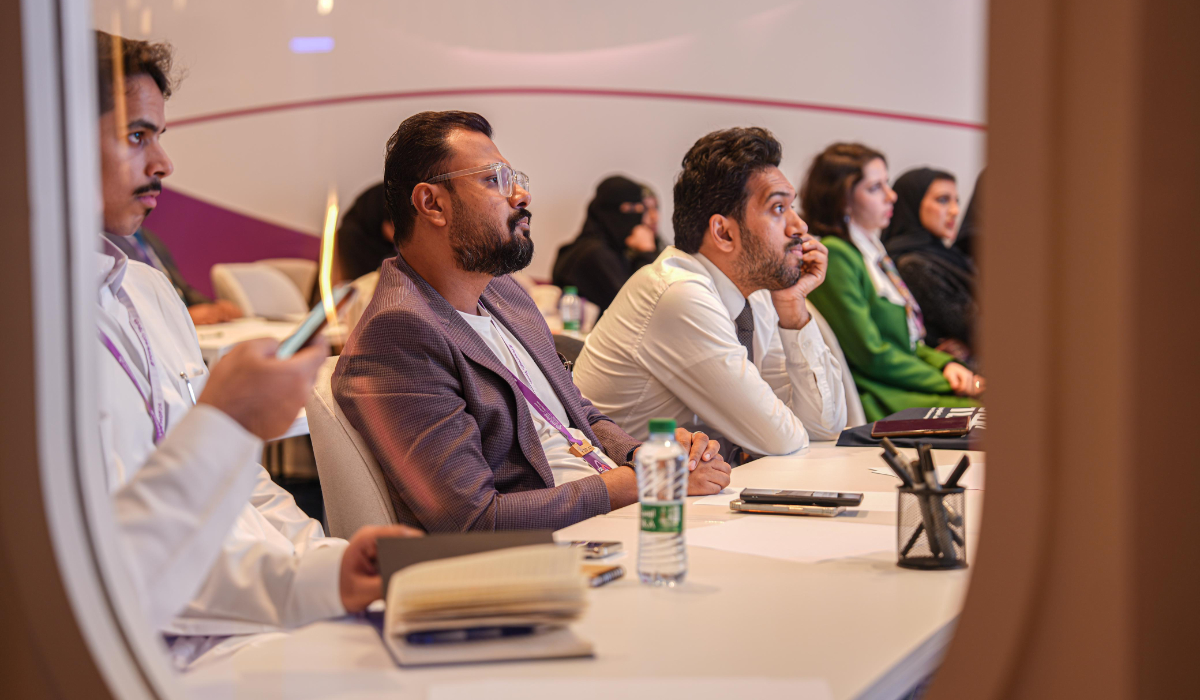DAMMAM: The US consul general in Dhahran on Sunday praised a plan to link the electricity grids of the GCC and Iraq.
In an interview with Arab News, James Sindle said the plan to link Iraq’s grid with that of the GCC “is a vital step toward greater regional interdependence.”
“It will not only provide critical power to the Iraqi people but also pave the way for deeper economic cooperation in the years to come.”
He said that the US fully supports the plan to link the Gulf’s electricity grids and integrate renewable energy.
Sindle went on to say: “As President Biden emphasized during the April 2023 Major Economies Forum on Energy and Climate, addressing the climate crisis requires ambitious efforts, including reducing emissions and investing in multilateral solutions. The United States is proud to support these global efforts through contributions to the Green Climate Fund and other initiatives aimed at empowering developing countries to take climate action.”
The groundbreaking project, which the GCC Interconnection Authority launched, is scheduled for completion by late 2024.
The new connection aims to help Iraq, particularly the southern part, reduce its dependency on more expensive power sources and imports from Iran. This move is also aimed at bolstering energy security and stability across the region. This initiative is the first time the GCC has extended its grid connections beyond GCC member states.
Sindle’s comments came during a two-day international forum held at the Kempinski Al-Othman Hotel, titled: “Powering the Future Toward Net Zero.”
The event was organized by the GCCIA, in collaboration with the Electric Power Research Institute, GO15 (the association of Very Large Power Grid Operators) and the Association of the Mediterranean Transmission System Operators.
Yaqub Al Kiyumi, vice chairman of GCCIA, concurred with what Sindle said by stating: “Achieving carbon neutrality is no longer a local goal; it has become a global plan.”
The forum’s agenda featured discussions on a “Futuristic Visionary Perspective on Energy Transition,” guided by distinguished speakers. Session one centered on power sector policies from around the world for achieving net-zero objectives. The second panel focused on accelerating decarbonization.
Governor of the Eastern Province Prince Saud bin Nayef inaugurated and attended the forum.
Speaking about the event, Ahmed Al Ebrahim, CEO of GCCIA, underscored the organization’s commitment to advancing regional and global energy collaboration by saying: “At GCCIA, we are dedicated to enabling the Gulf region’s energy transition through stronger interconnections, efficient power trading, and regional cooperation.
“This forum represents a vital opportunity to unite global thought leaders and decision-makers in shaping the energy strategies of tomorrow,” he added. “Our work towards a resilient and sustainable energy future continues to be at the heart of what we do, and we look forward to engaging with key stakeholders to drive the transformation needed to achieve net-zero targets.”
Leaders and innovators from the Gulf — and beyond — came together for the event to collaborate on mutually ambitious goals to drive sustainable energy, reduce carbon footprints and build a resilient, greener future for generations to come. The event was live-streamed and will be available for viewing on the GCCIA social media platforms.
“EPRI is honored to collaborate with GCCIA, GO15, and Med-TSO in this critical dialogue on transitioning to a sustainable energy future,” said EPRI’s CEO and president, Arshad Mansoor. “Through our research and global partnerships, we continue to support the energy industry in addressing the challenges of flexibility and reliability as we work together to achieve economy-wide net-zero targets.”
During his keynote speech, Mansoor addressed the global energy landscape and the role of strategic collaboration in advancing net-zero goals.
EPRI also led various sessions, including discussions on the technical foundations necessary for the energy transition and insights into optimizing the grid to support a resilient and affordable net-zero future.
Neva Espinoza, EPRI’s senior vice president of energy supply and low-carbon resources and chief generation officer, moderated sessions focused on power sector strategies to achieve net-zero and accelerate decarbonization through global collaboration and innovation. Those sessions aimed to provide actionable insights on balancing affordability, resilience and sustainability, particularly as the energy sector integrates more renewable resources and introduces advanced generation technologies.
The second day will shift focus to the “Essential Technical Pillars of Energy Transition.” Discussions will address the complexities of variability challenges, solutions for enhancing flexibility, the influence of market reforms, and strategies for grid planning and operations, with an emphasis on the critical role of technology. To see the full schedule, visit the website.





































